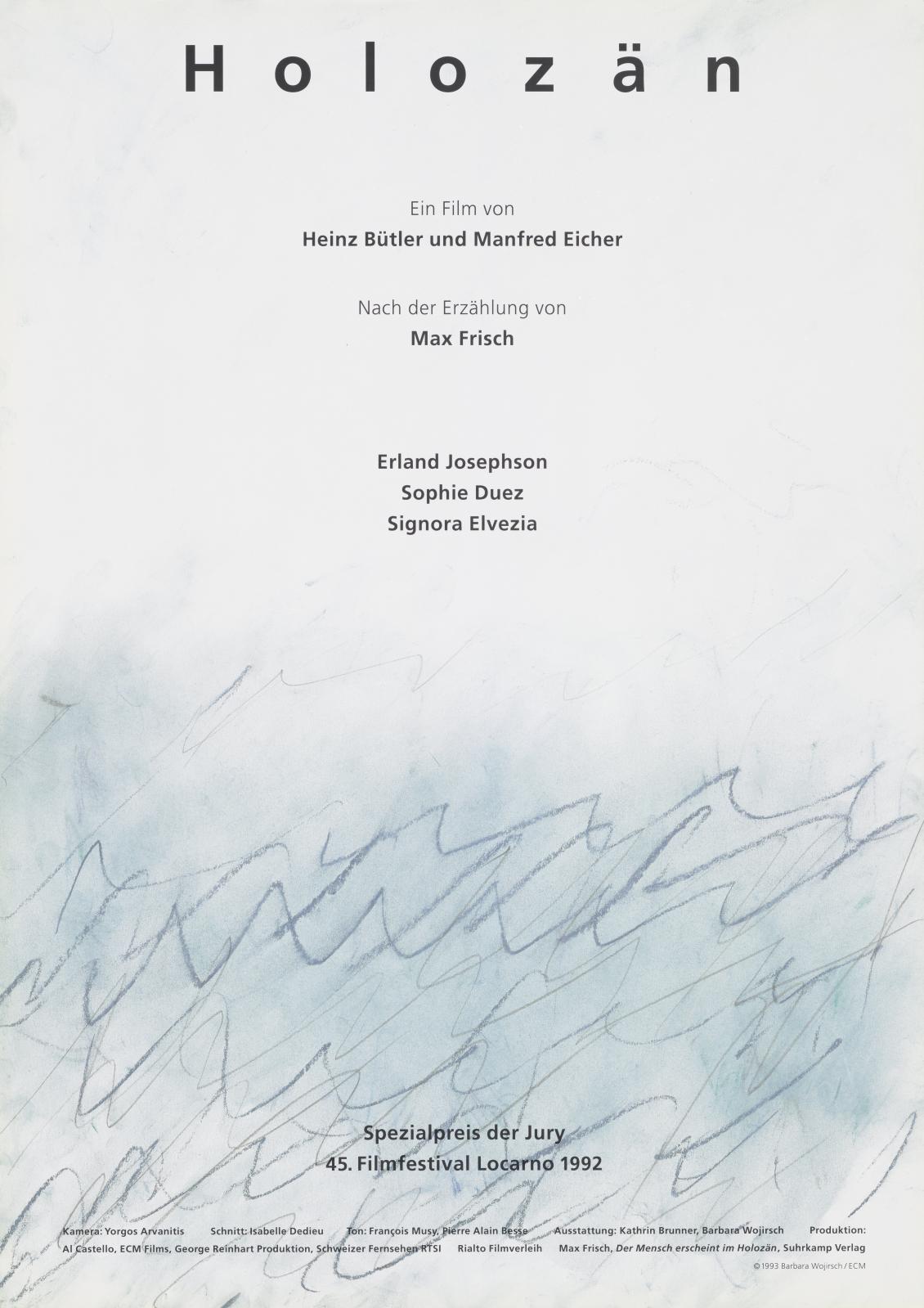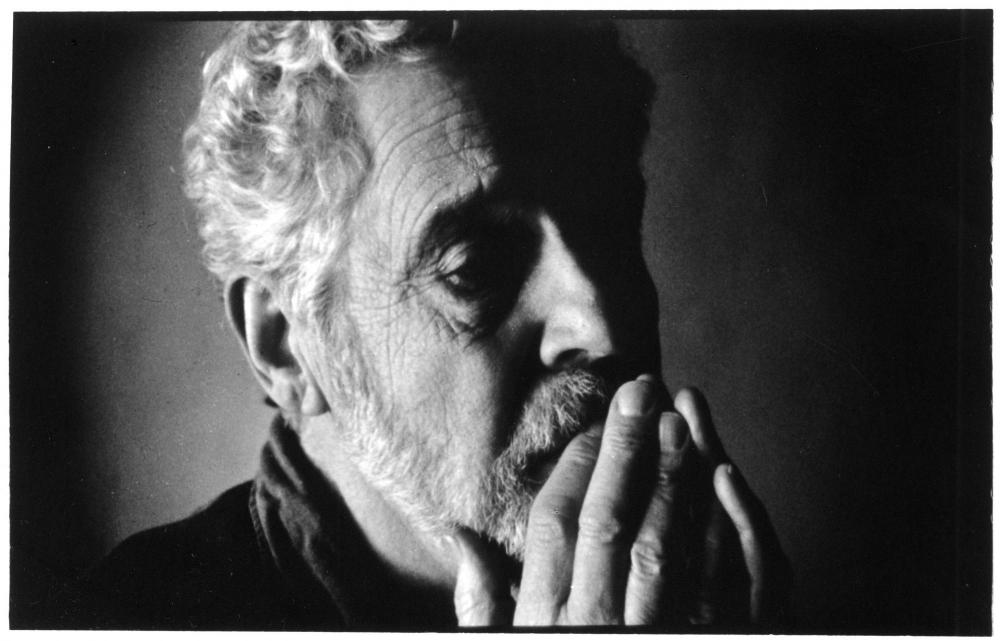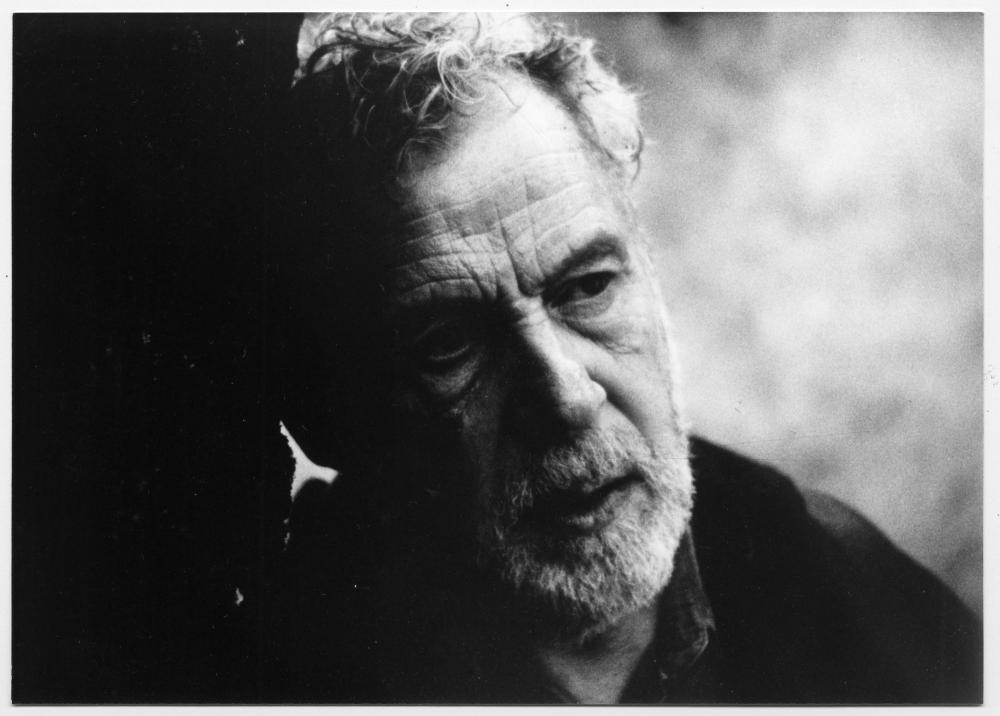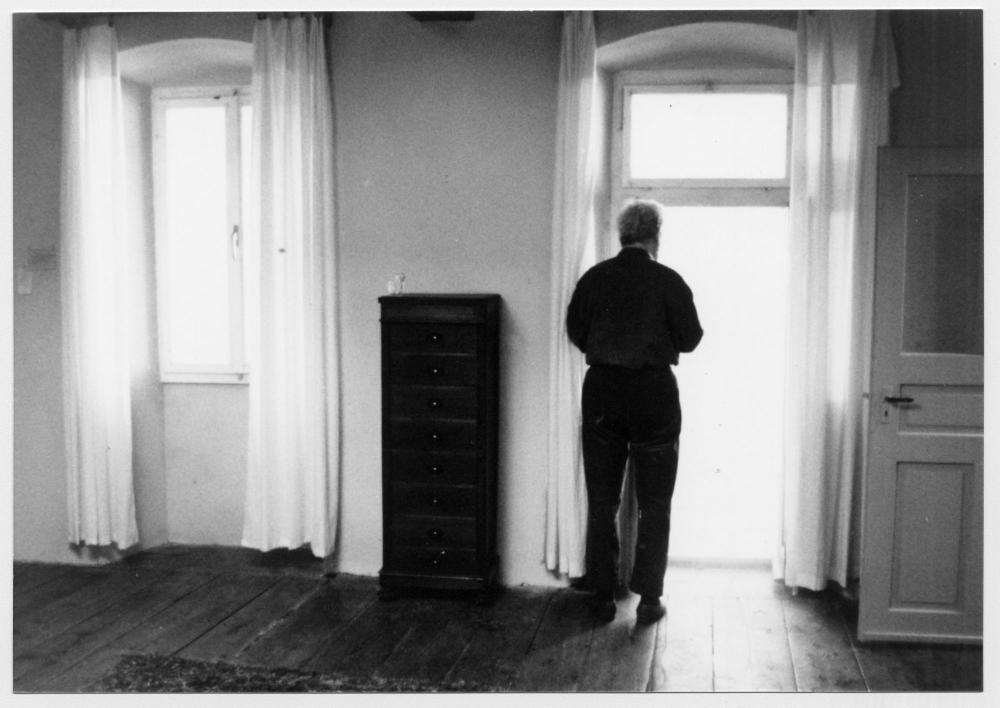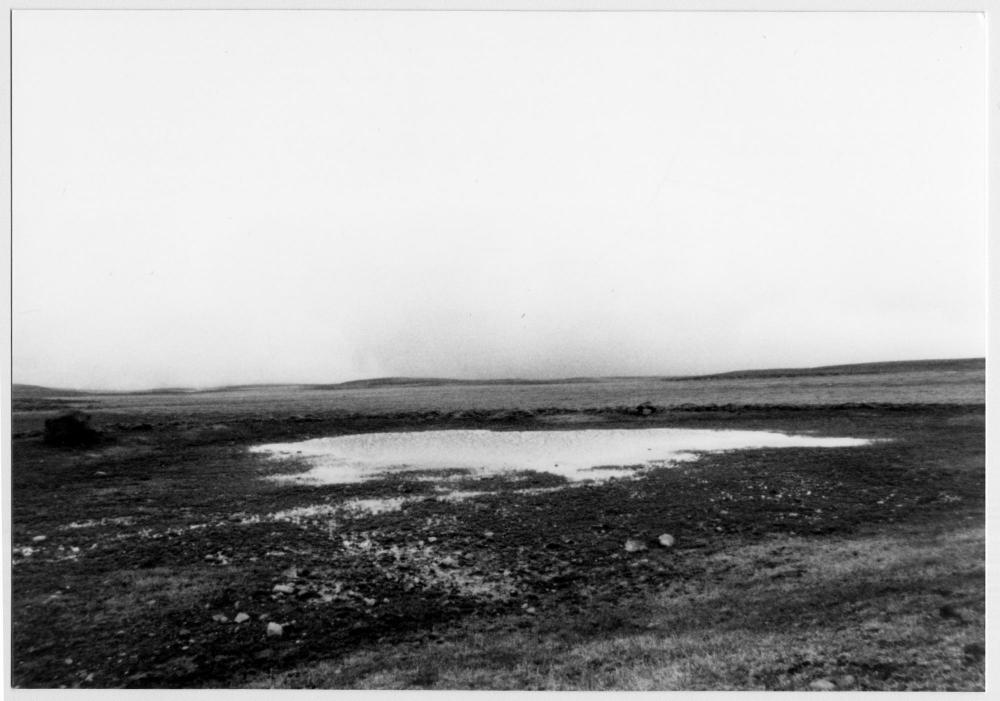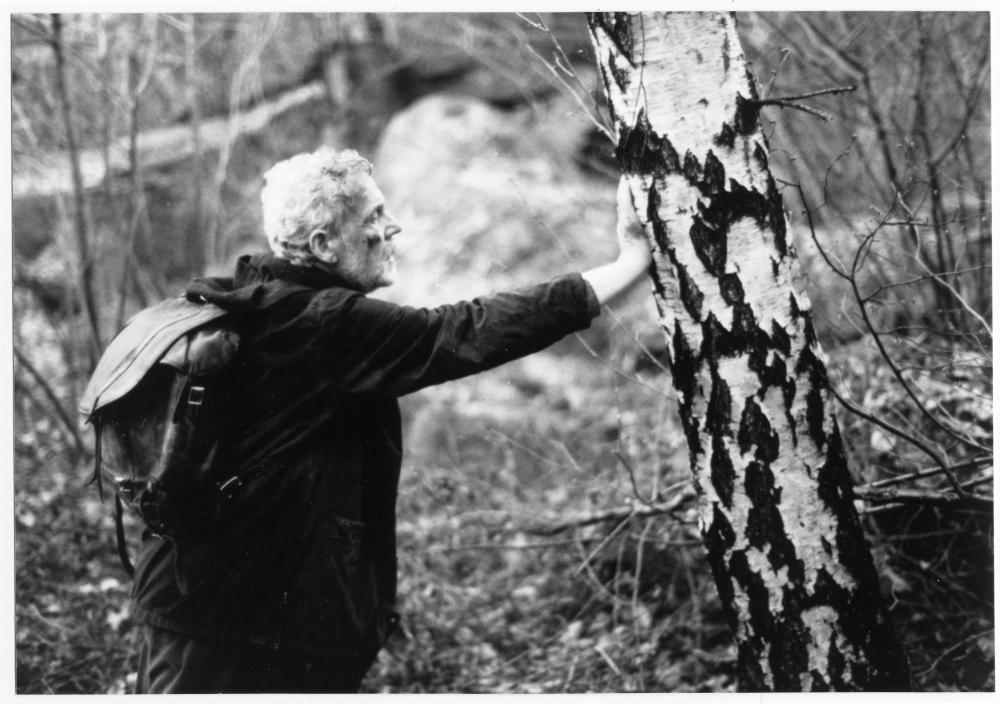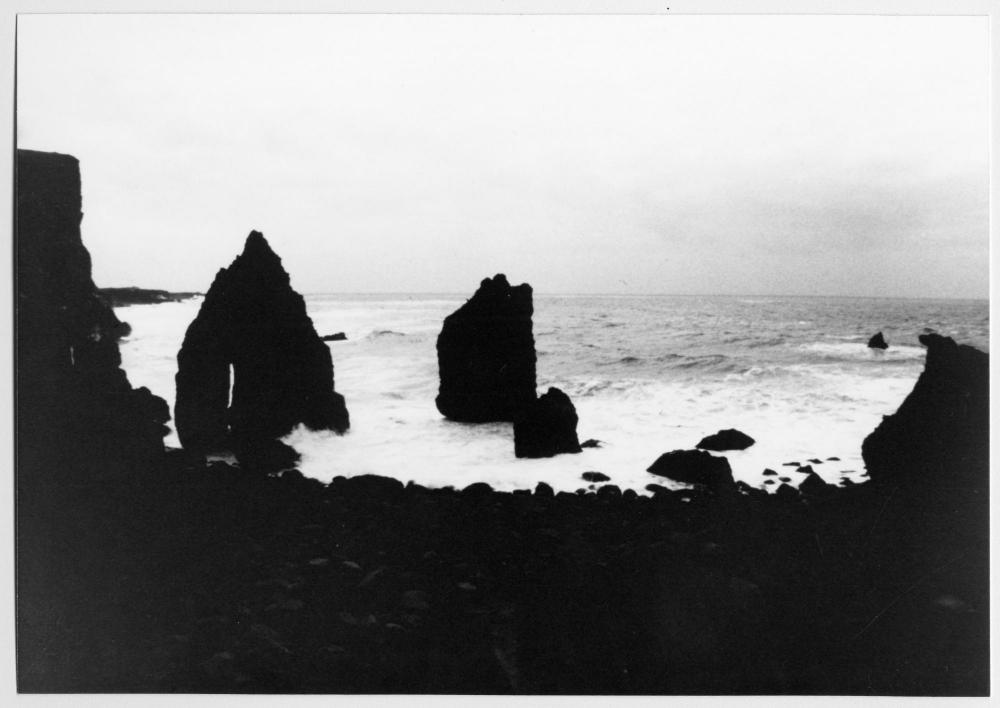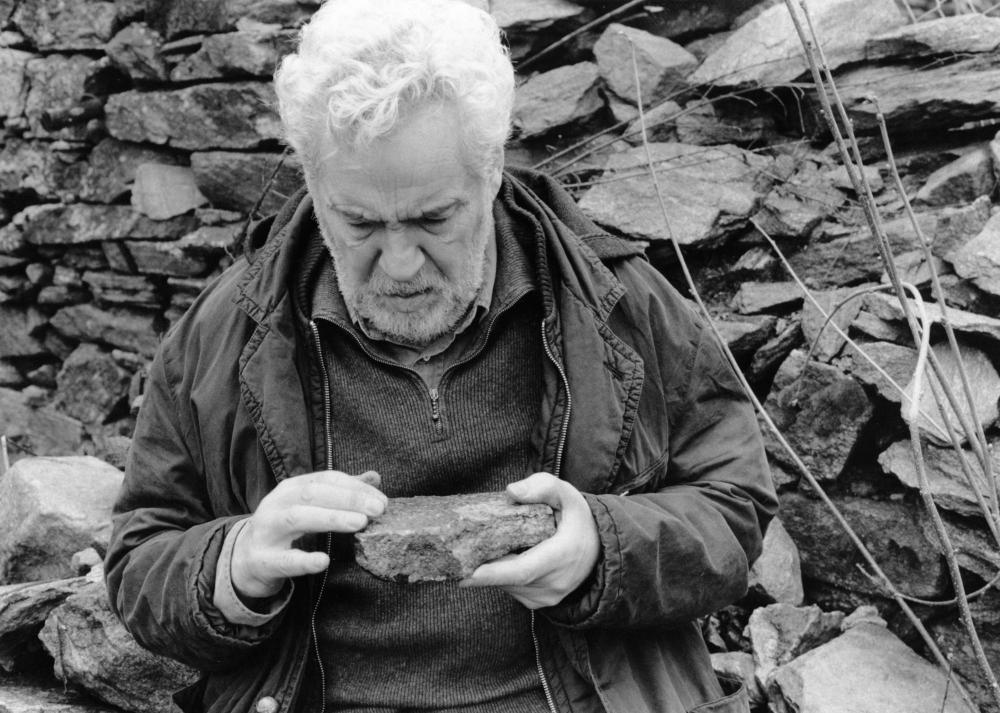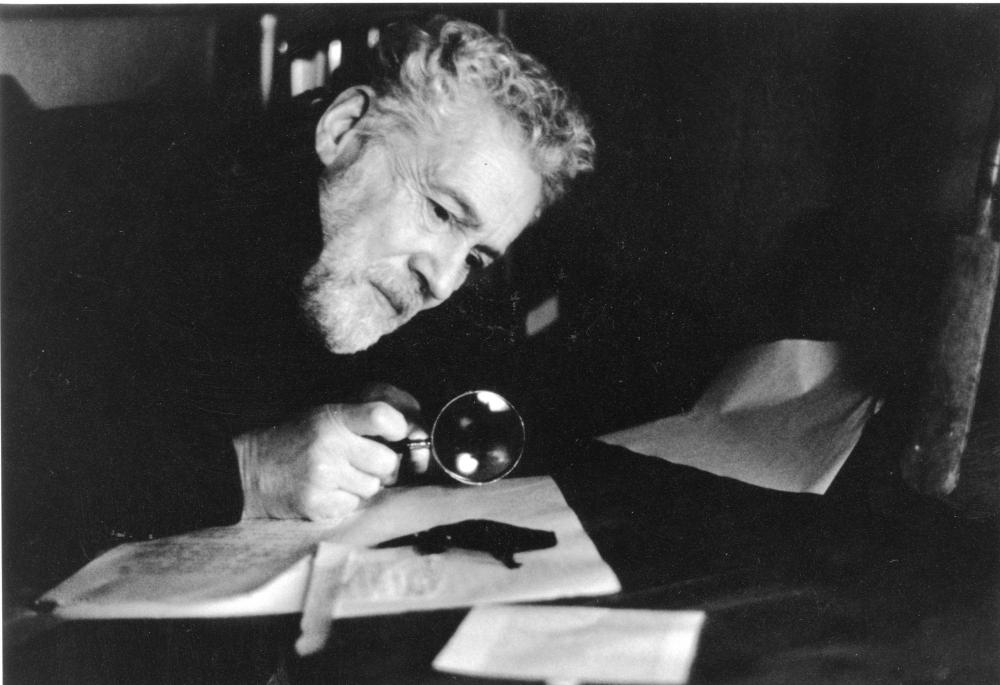Holozän
Threatened by a storm, an old man is stuck in the Ticino mountains. In fear of losing his memory, he begins to collect things that should not be forgotten.

Metropolis Film World Sales
(selection):
- Locarno Film Festival, Special Prize of the Jury
(selection):
- Locarno International Film Festival
- 1992
absolut MEDIEN GmbH
E-Mail: info@absolutmedien.de
Website: https://absolutmedien.de
Am Hasenbergl 12
D – 83413 Fridolfing
Adapted from the Max Frisch novel Deän. It tells the story of an old man, isolated from the outside world in a little mountain village in Ticino, Switzerland, who fights against oblivion. From books that he has there he cuts out texts and images about geology and geological history to fix and arrange them on the walls of his cottage. Frisch adds these articles to his novel to assemble human history with individual decay.
Director Heinz Bütler and the renowned music producer and founder of the famous record company ECM, Manfred Eicher, adapt Max Frisch's novel Der Mensch erscheint im Holozän (published in 1979). This "brilliant parable of unfathomable significance," as the New York Times calls it, tells the story of an old man (Erland Josephson) struggling against oblivion in a village in Ticino cut off from the rest of the world. He, Geiser, clips articles about earth history and geology, pinning note after note to the wall. By assembling these notes into his narrative, the film connects the history of humanity to individual decay. In the aged face of Bergman's immense actor Erland Josephson "one thinks one sees a mirror image of the haunting ancient landscape" (Frankfurter Allgemeine Zeitung). For the Neue Zürcher Zeitung, the film is "a masterpiece with compelling images of unique precision, a tone of pure sensational concision." Produced by Al Castello, the company set up by Bütler in Arzo, together with ECM and patron George Reinhardt, the film was shot between Iceland and the Onsernone Valley between March and April 1991. It was presented in competition at the Locarno International Festival in 1992, where it won the special jury prize.
Frédéric Maire, Director Cinémathèque Suisse


